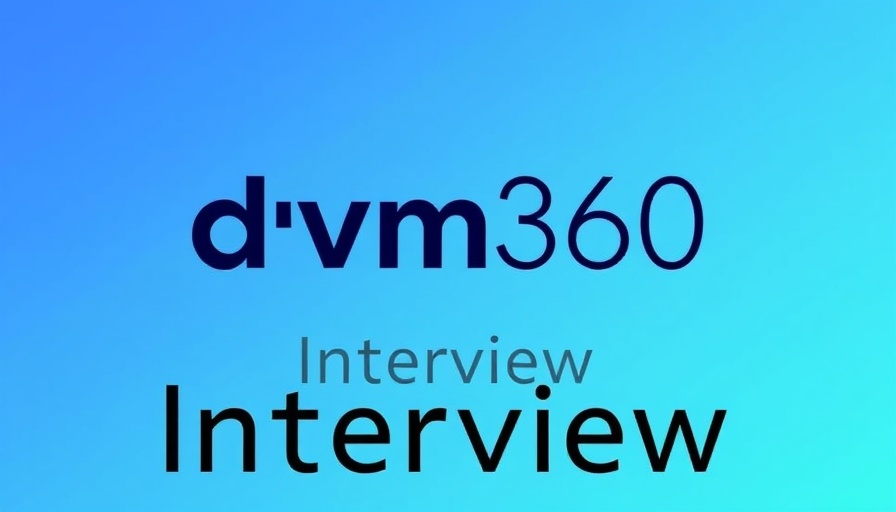
Hacking Concerns in Modern Dating
The recent hack of the Tea app, intended to empower women in dating, elevates critical conversations about privacy and security in dating culture. The breach, which allowed thousands of personal images to be leaked online, raises concerns about how technology can simultaneously offer safety and expose vulnerabilities. In an era where identity and reputations can be built or dismantled in seconds, apps like Tea reveal the dual-edged sword of dating in the digital age.
Safety vs. Privacy: A Delicate Balance
Founded by Sean Cook after witnessing his mother's harrowing dating experiences, the Tea app sought to create a safe haven for women to share their experiences with men they encounter. The app positions itself as a vetting tool, akin to a peer review site for potential dates. While the concept is lauded by many, critics argue it may undermine privacy and fairness, with some branding it as vigilante justice. As the app gained traction—reaching the top of the Apple App Store with millions of downloads—it sparked debates on the ethics of anonymous reporting and whether it leads to necessary awareness or harmful shaming. Many women reported the app's utility in avoiding dangerous situations, yet concerns about its implications for privacy call into question its long-term viability and ethical standing.
The Future of Dating Apps: What Lies Ahead?
As dating apps proliferate, each seeks unique selling points to capture attention in a competitive market. The Tea app's overnight popularity, intensified by social media, indicates a significant consumer interest in safety around dating. However, with the current climate of distrust towards any personal information shared online, developers must prioritize data security and ethical practices to retain user trust. This incident could catalyze the creation of more robust privacy policies and accountability measures, shaping future development in the dating app landscape.
Community Response: Voices of Concern
In the wake of the Tea hack, discussions around the implications of online anonymity and the potential for abuse dominate online forums. While some view the app as a necessary tool for women's safety, others express discomfort regarding its effect on men's reputations. Critics suggest that the potential for false accusations and defamation warrant closer examination of how apps like Tea balance their mission with the need for fair treatment of all users.
Lessons from the Tea App Incident
This dilemma draws parallels to other sectors, particularly in veterinary services, where trust is paramount. Just as pet owners seek assurances about the professionals caring for their animals, dating app users look for reliable platforms that safeguard their personal information and emotional well-being. As safety remains a top priority, app developers need to learn to present user-friendly interface designs while integrating heightened data protection methods to avoid negative fallout from unforeseen breaches.
 Add Row
Add Row  Add
Add 




Write A Comment